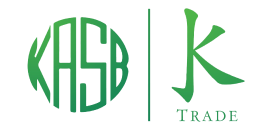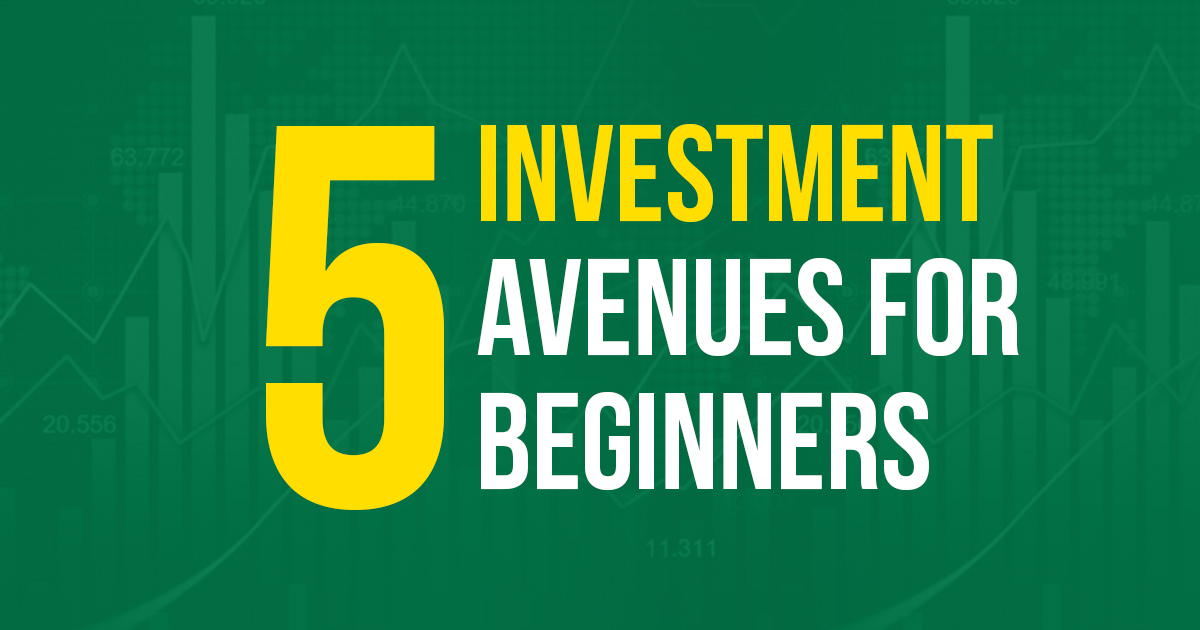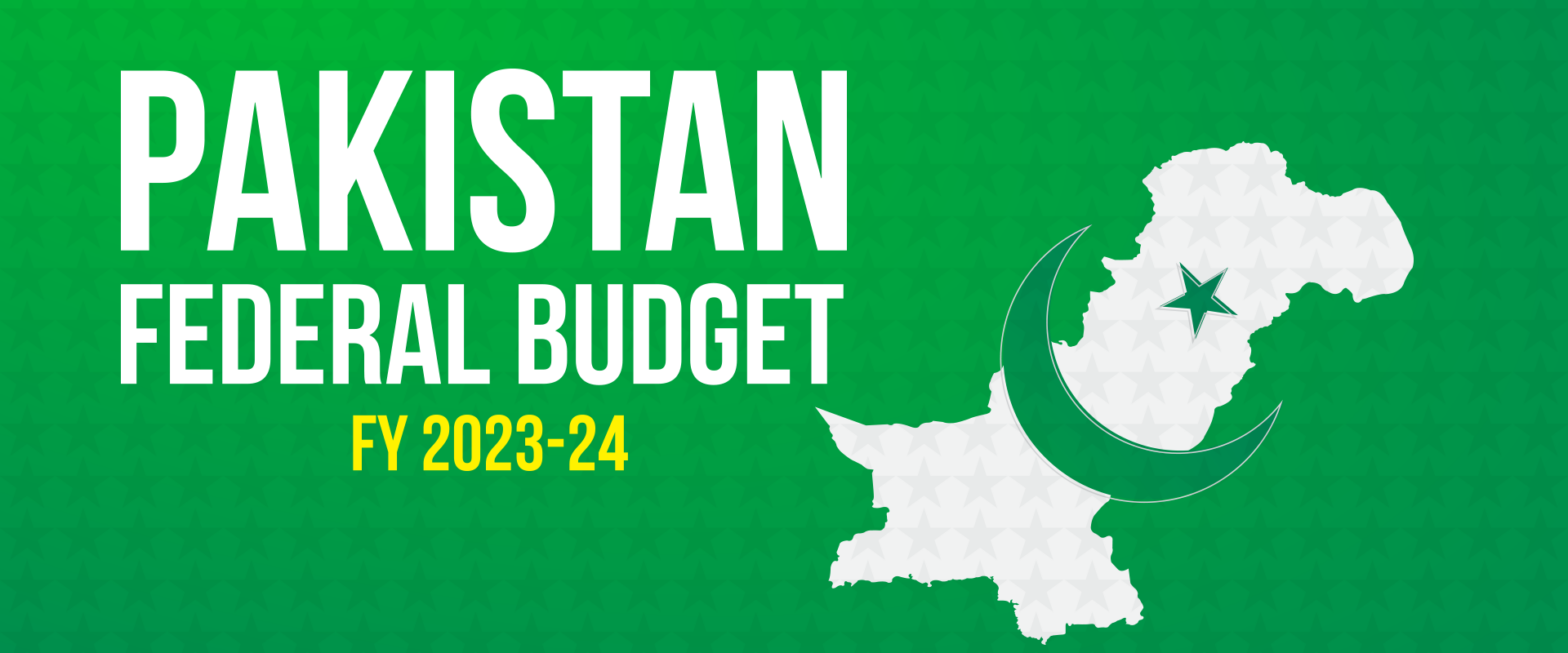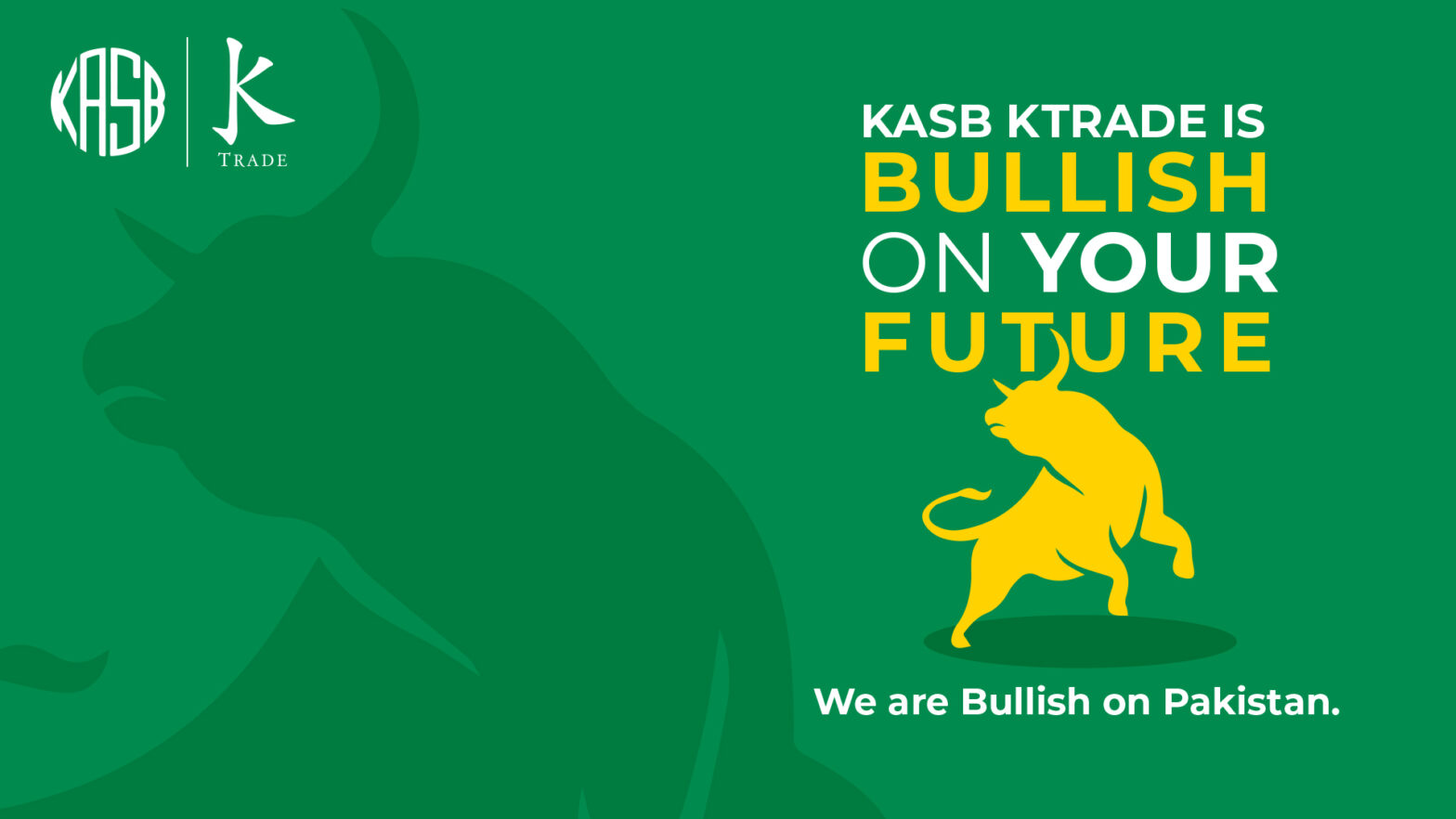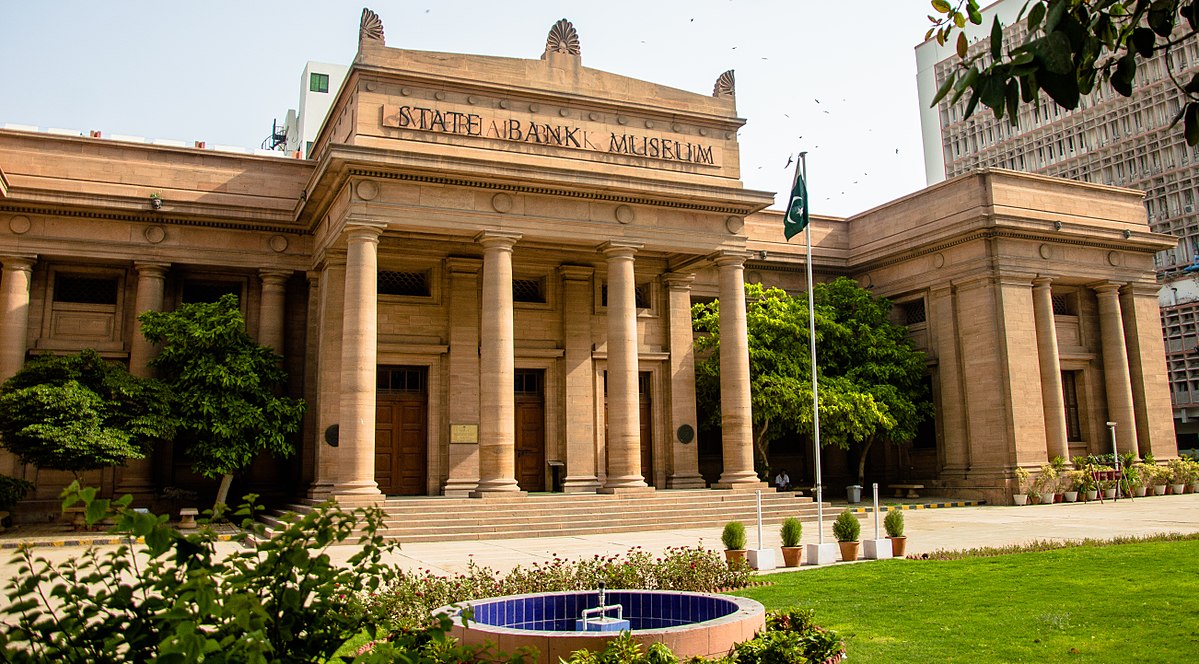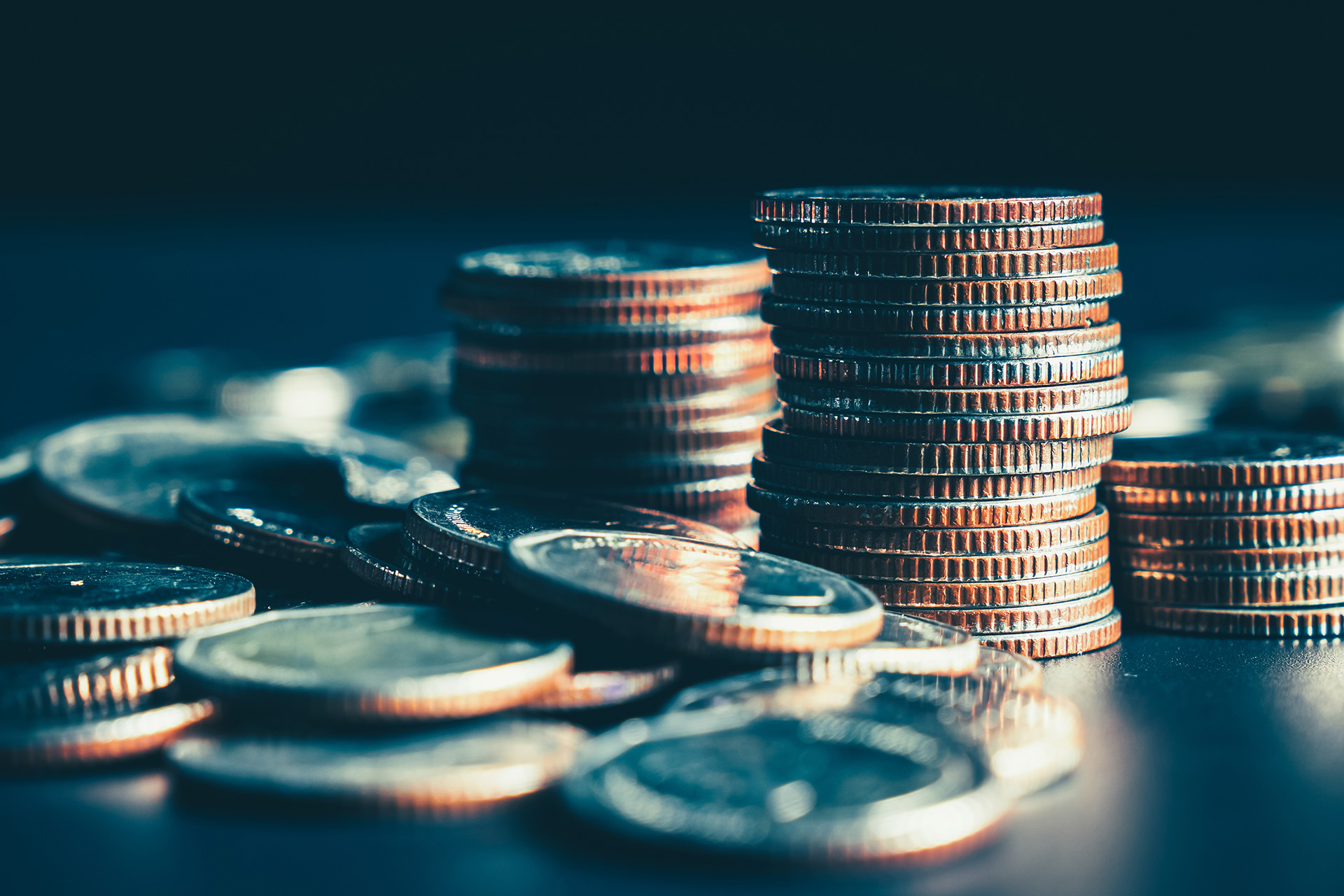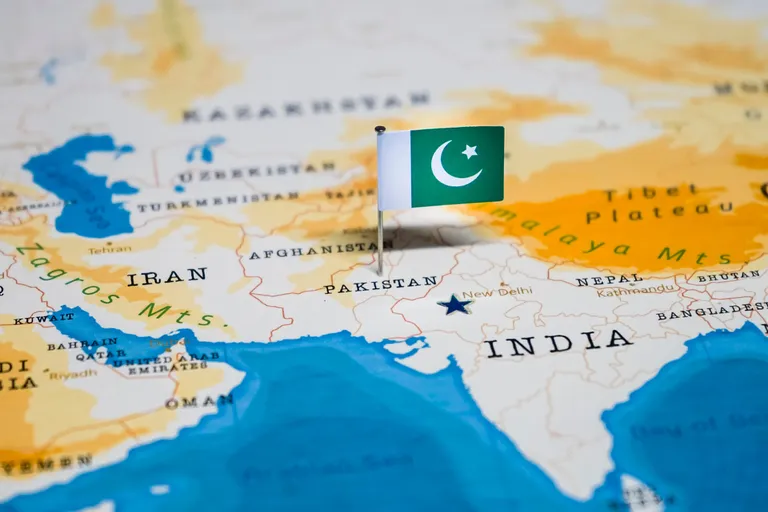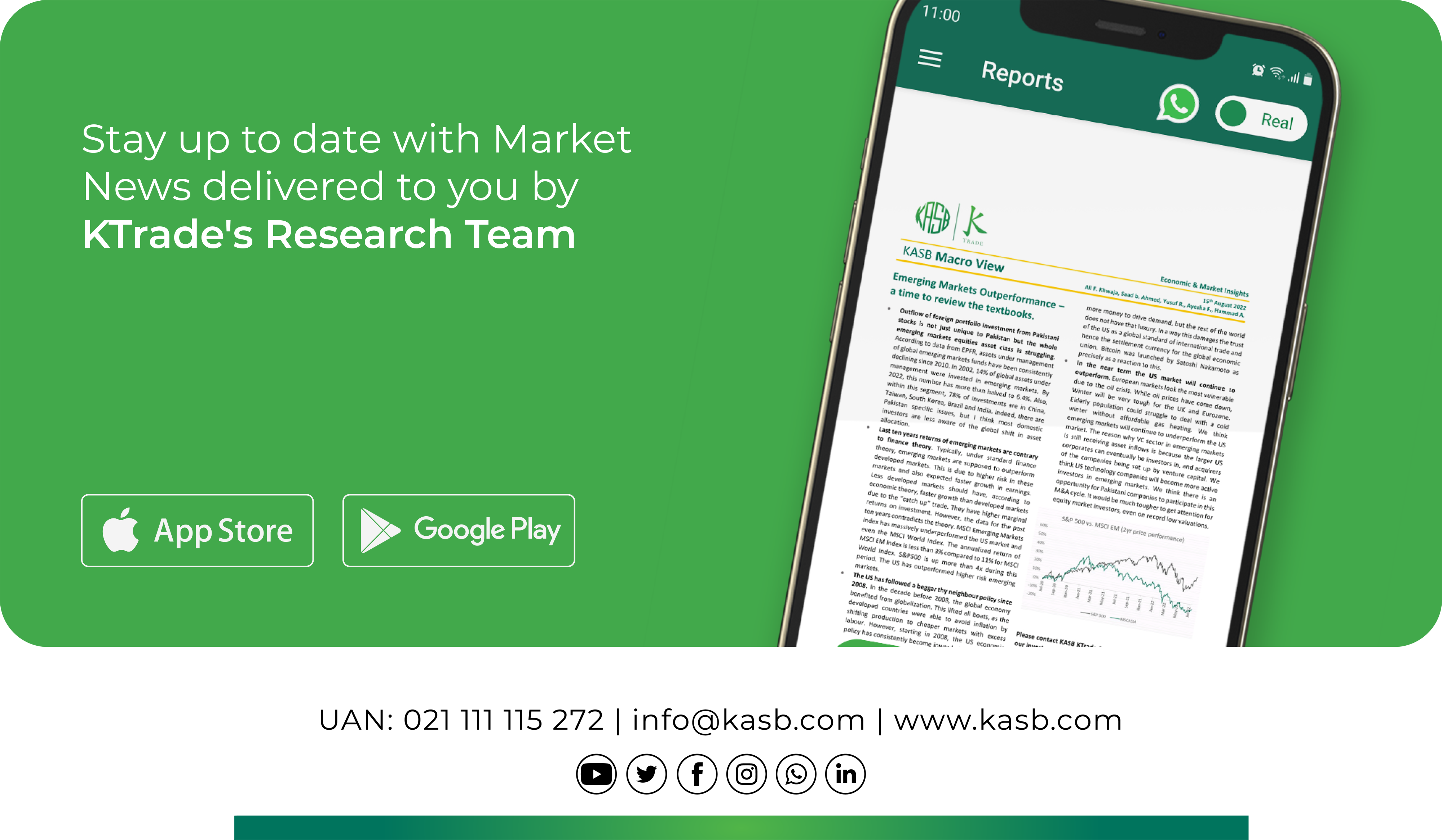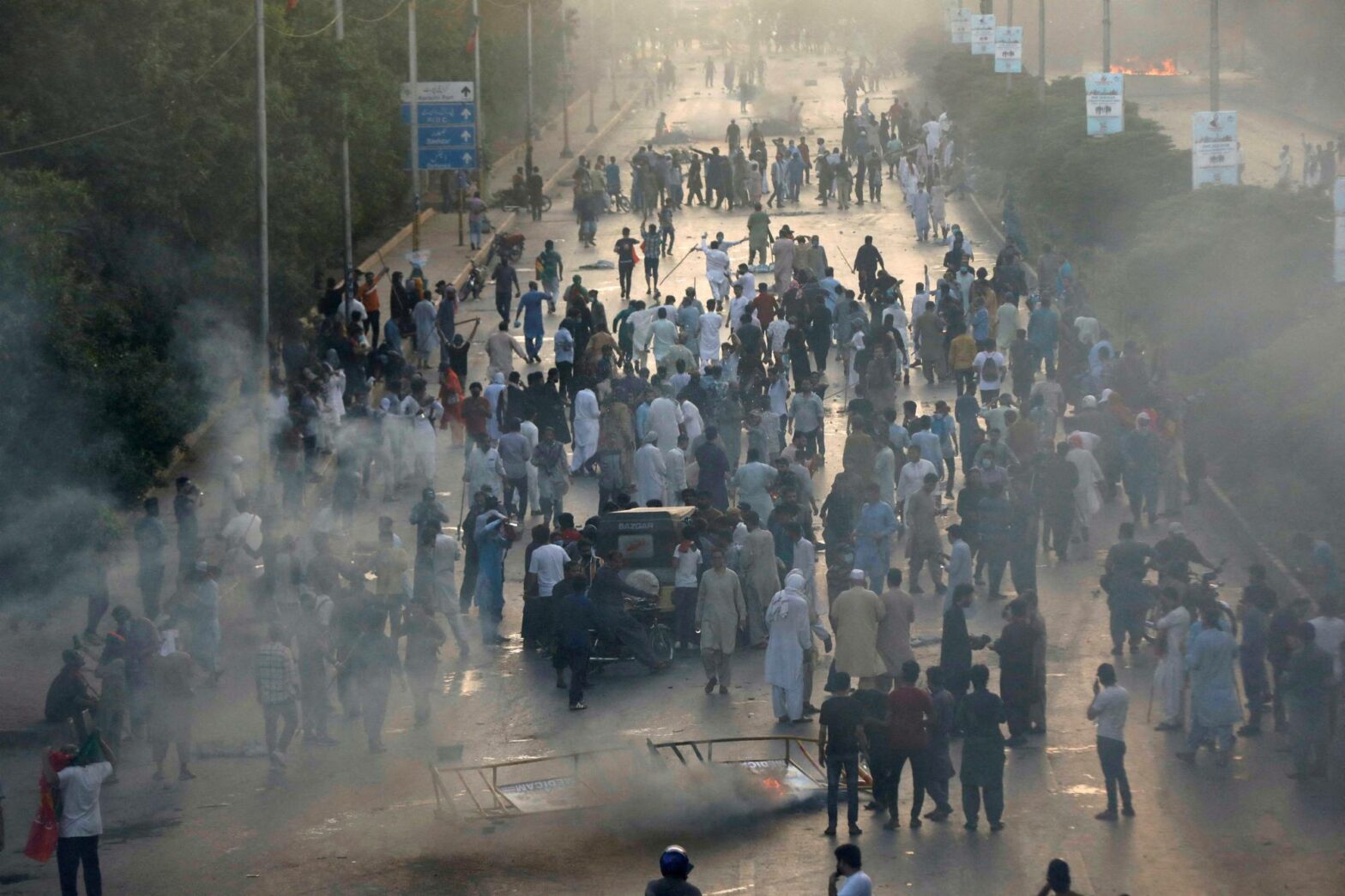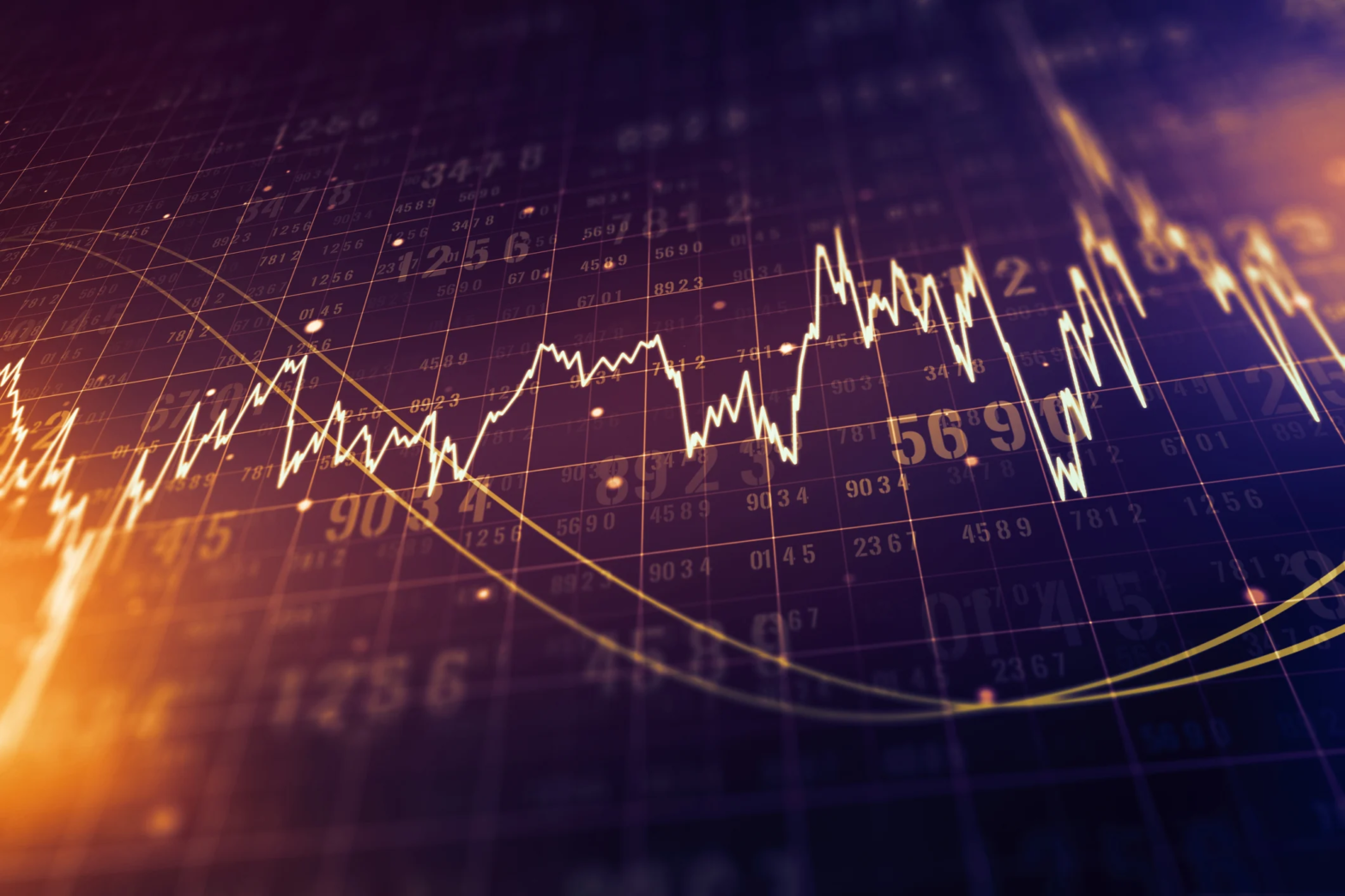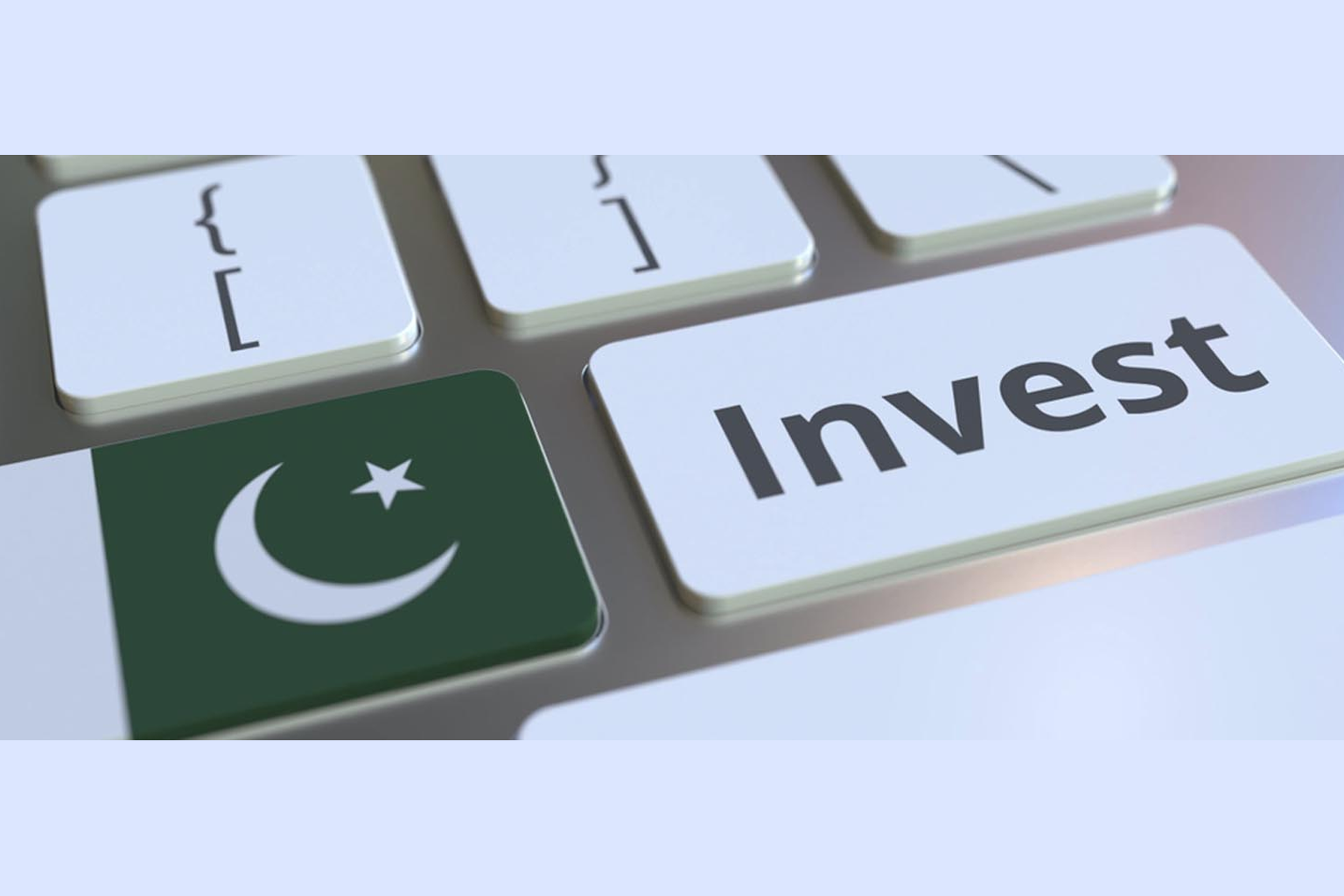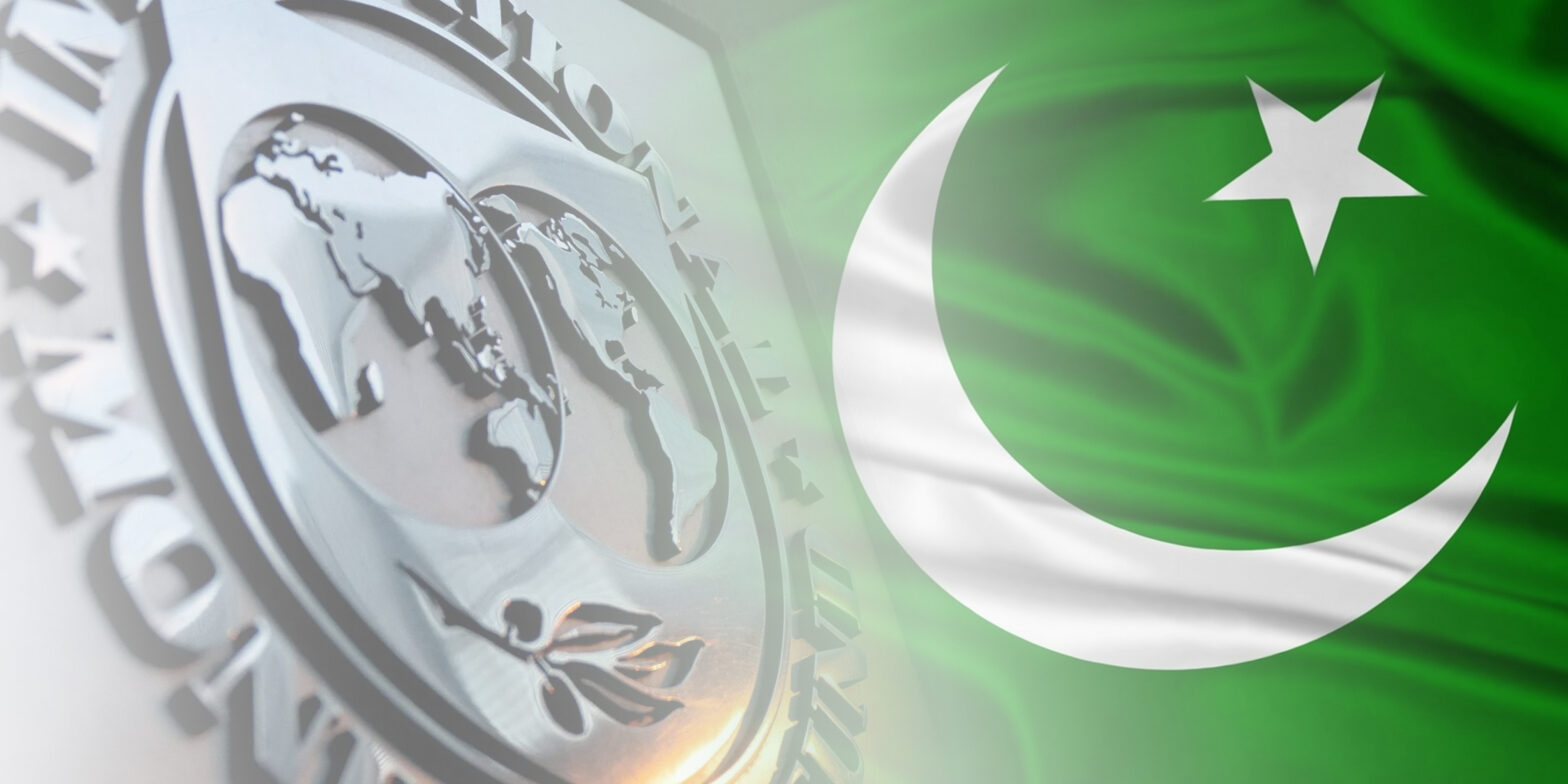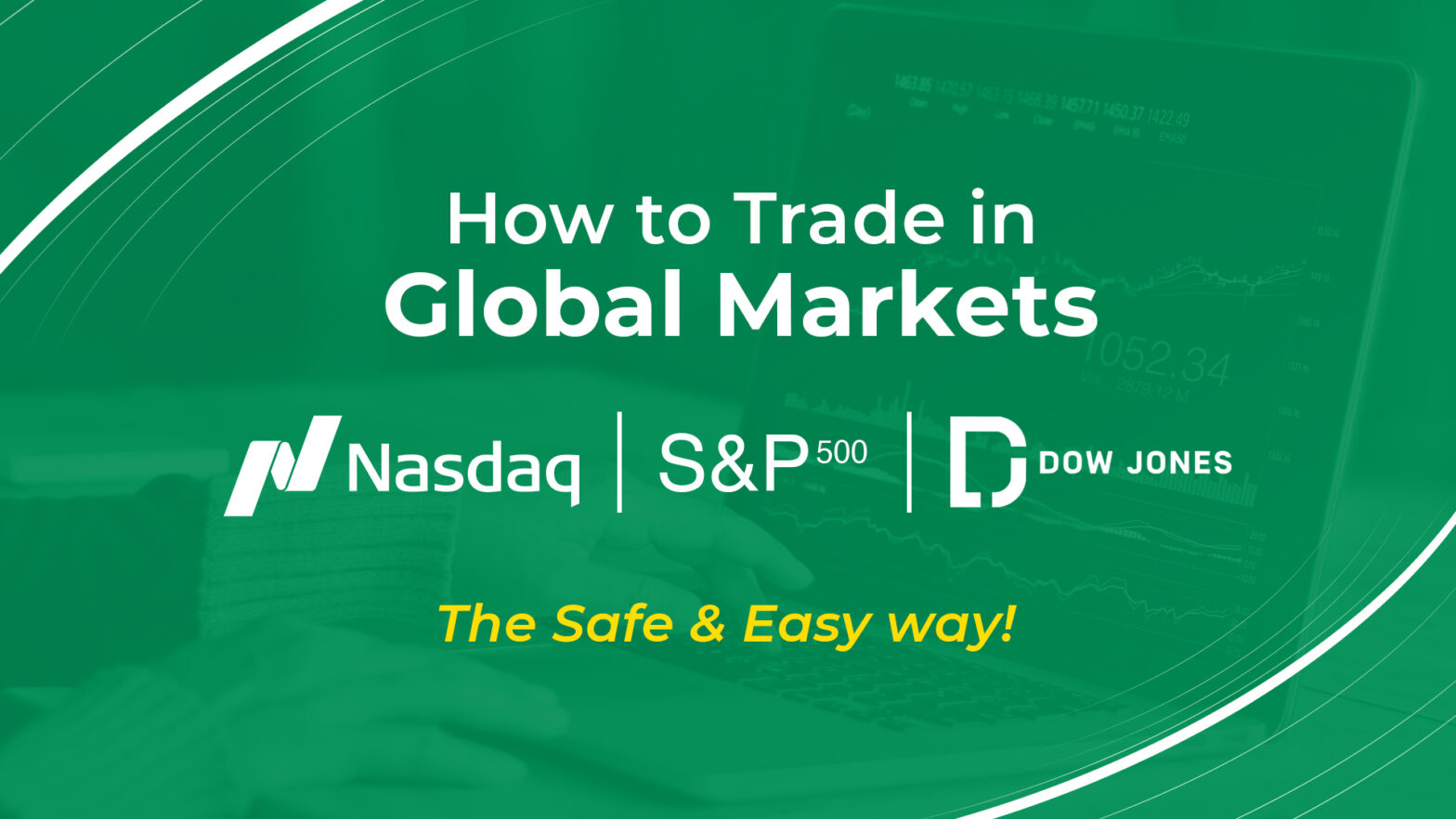Investing can be a daunting task, but the first place to start is by gaining control over your finances. By tracking and managing your money effectively, you lay a strong foundation for future financial success. So, instead of giving you a fixed amount you ‘should’ invest, we’ll explain how to optimize your savings to begin your investment journey and set a fund that’s right for you. If you want detailed guidance on where to invest and how, contact KTrade Securities, where experts are waiting to help you!
A popular budgeting rule, the 50-30-20 Rule, provides a framework for allocating your monthly income. This rule can be applied to virtually any income bracket, which is why it’s a great place for anyone to start. Allocate 50% of your income to cover essential expenses like rent, school fees, and food. Devote 30% towards non-essential but desired expenses such as travel and dining out. The remaining 20% should be saved for future goals and investments! Simple enough, right?
